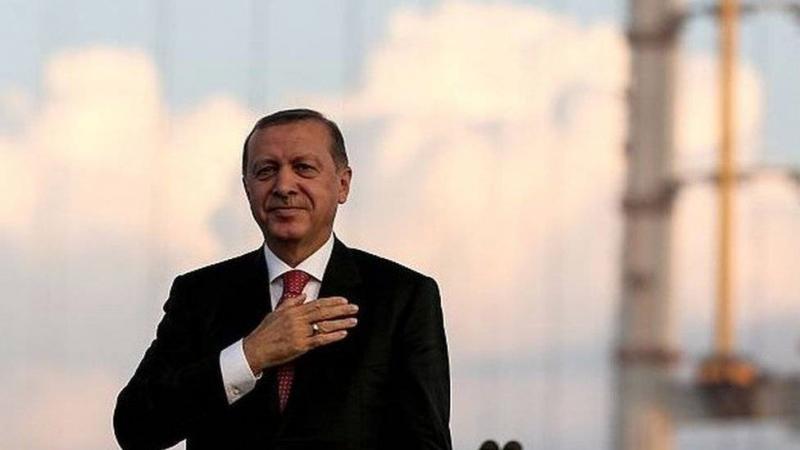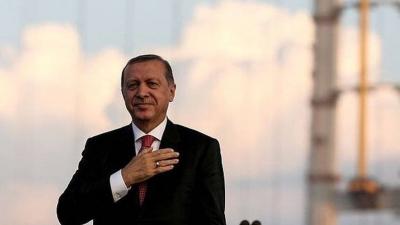If the Turks oust President Recep Tayyip Erdogan in the elections today, Sunday, it will primarily be due to the changing economic conditions and the resulting deterioration of their situations and ability to meet their basic needs over the past ten years. The elections represent the biggest test for Erdogan so far. Some opinion polls show him trailing opposition candidate Kemal Kilicdaroglu, who will not hesitate to erase his clumsy and unconventional economic policies.
Erdogan's popularity has declined in recent years under the pressure of declines in the value of the lira and a worsening cost-of-living crisis, due to his steadfastness in maintaining a policy of lowering interest rates despite escalating inflation.
In 2013, unprecedented protests erupted against his government amid ongoing suppression of civil liberties. Beginning in early 2013, foreign investors began to shy away from Turkish assets, ultimately turning away from the heavily state-controlled foreign exchange, credit, and debt markets.
According to Seda Demiralp, head of the International Relations Department at Ishik University, "In Istanbul, his supporters are still satisfied with him and even love him, but they are no longer happy to bear the costs that this requires of them." Erdogan enjoys strong support among conservative and nationalist rural residents and the working class.
Other polls indicate that "he and his ruling coalition can win the presidential and parliamentary elections." The government contends that "interest rate reduction measures have boosted exports and investments as part of a program encouraging savings in lira." The government has doubled the minimum wage over the past eighteen months and spent record amounts on social support, helping keep economic growth strong at over 5% last year. Stimulus efforts have also contributed to reducing the unemployment rate to 10% from nearly 14% over the past two years.
Turkey is ranked 95th globally on his prosperity index, dropping 23 places since 2011. Over the past decade, political divisions have worsened across the country, with Erdogan turning to nationalist allies to secure parliamentary majorities, before securing public approval in a referendum to adopt a presidential system that centralized power in his palace.
Some prominent economic officials have split from the Justice and Development Party in opposition to the concentration of power. Former Turkish Central Bank Governor and associate professor at Wharton, Bulent Gultekin, noted, "Everyone remembers Erdogan's first government, when he was seen as establishing an inclusive economy. But in reality, he left unprecedented sectors of society completely dependent on the government, which is unsustainable." He added, "If Erdogan wins the elections and continues his economic policy, it will reach a point of complete collapse at some stage."




